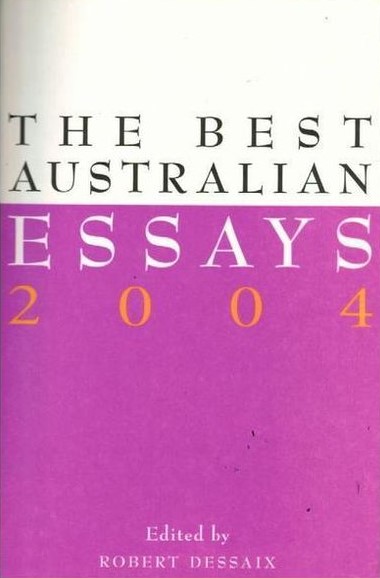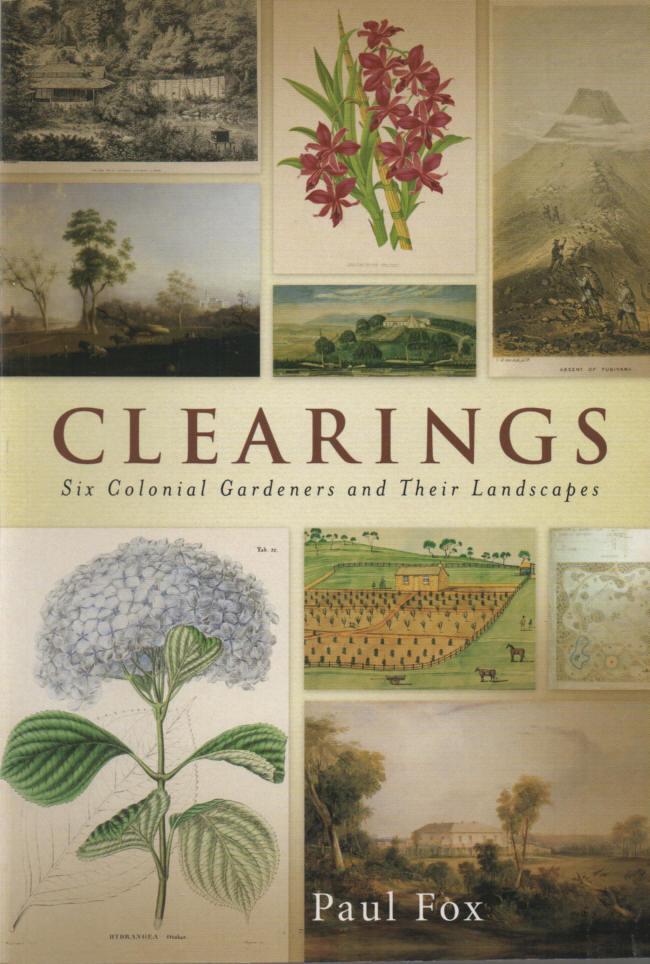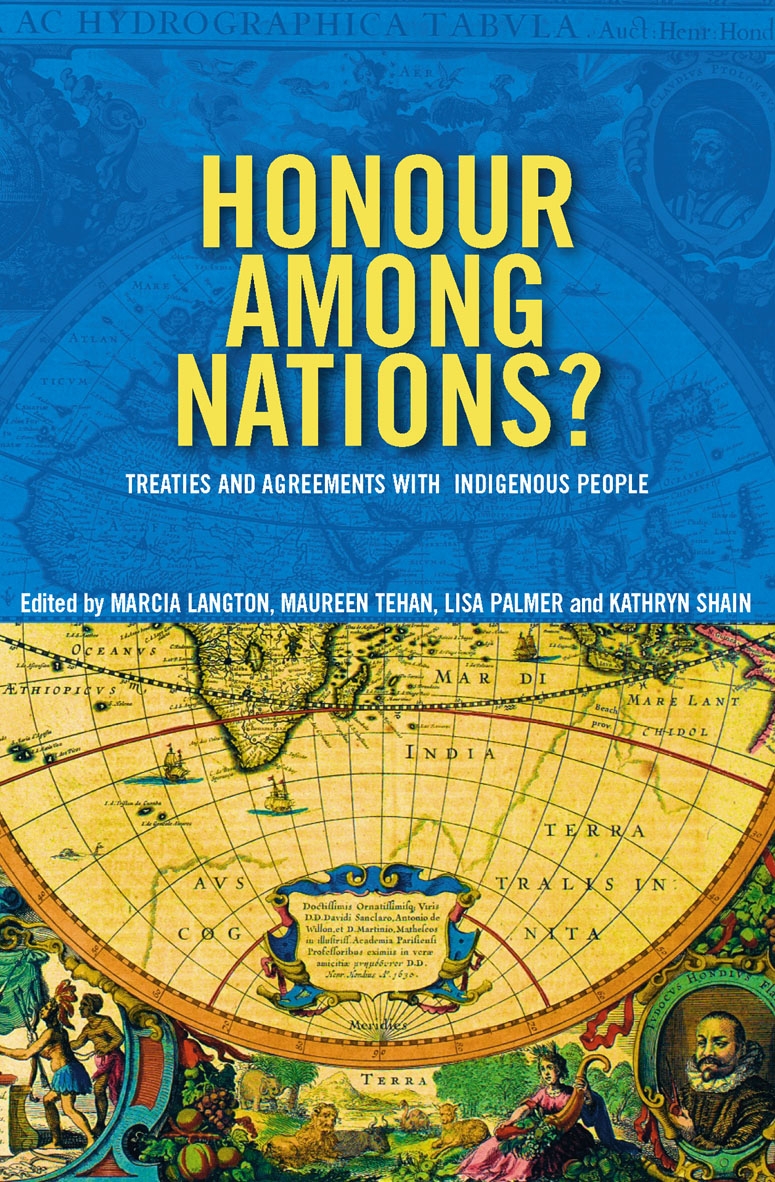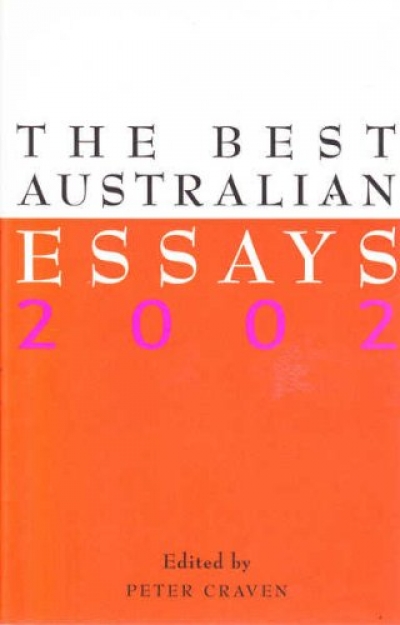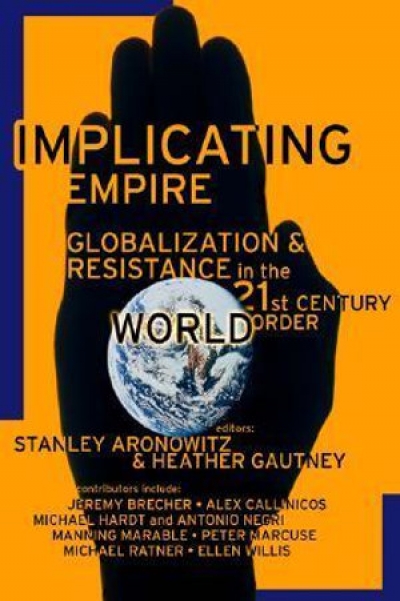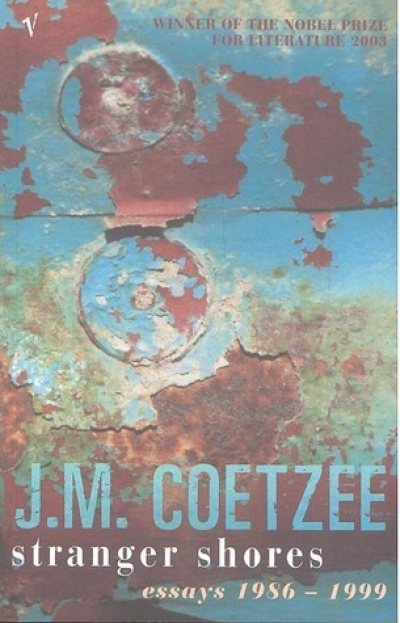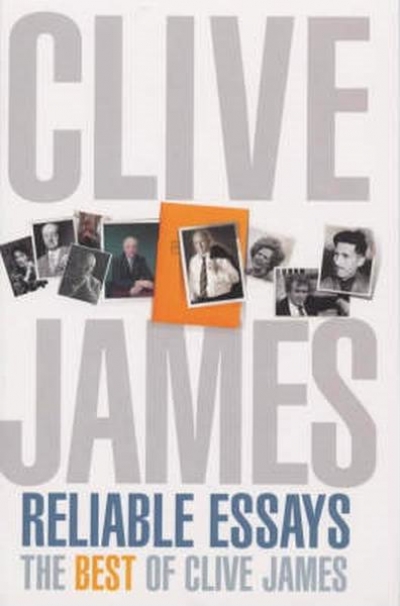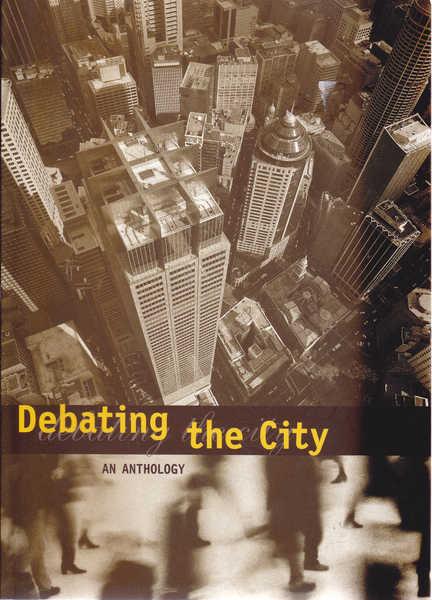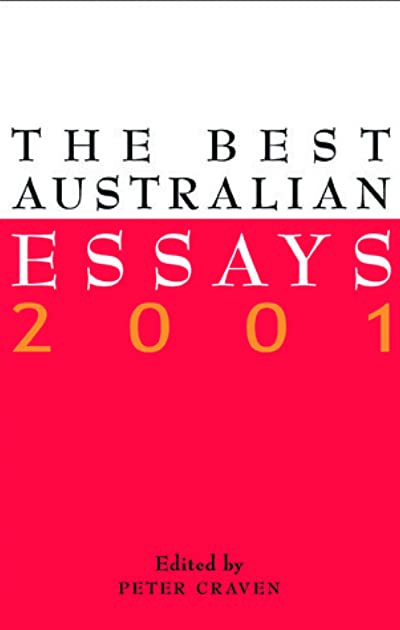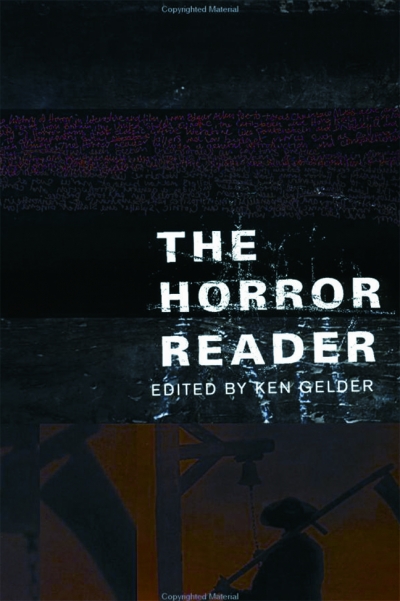Essay collections
The Best Australian Essays 2004 edited by Robert Dessaix
Since the publication of the inaugural Best Australian Essays in 1998, Black Inc.’s ‘Best’ series has grown into an impressive franchise that now takes in the Best Australian Stories, Best Australian Poems and Best Australian Sportswriting. That, until this year, the essays, stories and regular Quarterly Essay should all have had a single editor, Peter Craven, seems in retrospect quite extraordinary. It was perhaps inevitable that such an empire would eventually fragment – evolving, say, into a rotating series of guest editorships under Craven’s direction. But his departure from Black Inc. early this year, after a disagreement with publisher Morry Schwartz over the future of the Quarterly Essay series, came as a shock to followers of this series.
... (read more)Clearings: Six colonial gardens and their landscapes by Paul Fox
In this well-designed volume of essays, Paul Fox introduces the reader to the world of nineteenth-century botanist, nurseryman and collector (professional, commercial and amateur) and to the ways in which six men, their patrons and rivals reworked the Australian landscape. Settlement changed the landscape at a time when the boundaries of the botanical world were constantly enlarged by the discovery of plants from Asia, the Pacific, the Americas and Australasia. Botanists followed the imperial flag, British botanists (led by Sir William Hooker) eagerly incorporated the new finds, and the appetite of a growing race of collectors was met by energetic nurserymen who combed the world for exotic plants.
... (read more)Honour Among Nations?: Treaties and Agreements with Indigenous People edited by Marcia Langton et al.
The word ‘honour’ is rarely heard in contemporary Australian English. It belongs to a time when the public behaviour of individuals and governments was judged by standards found in a moral code with its roots in medieval chivalry. To be ‘honourable’ was to be known for doing right. When honour was lost, disgrace followed. With the disappearance of ‘honour’ from our public language, perhaps we have also lost the possibility of disgrace.
... (read more)After only four annual volumes, The Best Australian Essays has reached the point where the law of increasing expectations begins to kick in. By now the series has done so much that we want it to do everything. Speaking as an Australian who lives offshore, I would be well pleased if each volume could contain, on every major issue, a pair of essays best presenting the two most prominent opposing views. This would give me some assurance that I was hearing both sides of the national discussion on each point, despite my being deprived of access to many of the publications in which essays, under one disguise or another, nowadays originate. (I leave aside the probability that most Australians living in Australia are deprived of access, too, the time having long passed when any one person could take in all the relevant print.) But the editor, Peter Craven, could easily point out that my wish is a pipedream.
... (read more)Implicating Empire: Globalization and resistance in the 21st century world order edited by Stanley Aronowitz and Heather Gautney
Empire is everywhere. You can see it in the shanty towns of São Paulo and on the coffee tables of the well-heeled in Boston and Sydney. It made us, in its British form, in the antipodes via the expeditions of Cook and Banks, and all that followed. Now it dominates our newspapers and television screens in the form of war.
... (read more)Stranger Shores: Essays 1986–1999 by J.M. Coetzee
J.M. Coetzee’s Stranger Shores is a collection of twenty-nine primarily literary essays dating from 1986 to 1999. It offers an impressive range of subjects, including a reappraisal of T.S. Eliot’s famous quest for the definition of a classic, a tracking down of Daniel Defoe’s game of autobiographical impersonations, and a biographical evaluation of ...
... (read more)Reliable Essays by Clive James & Even As We Speak by Clive James
Clive James needs no introduction, though he asked Julian Barnes to provide one for Reliable Essays, a selection from three decades of James’s literary journalism made by his publisher, Peter Straus. The Kid from Kogarah is, as The New Yorker once famously observed, ‘a brilliant bunch of guys’ ...
... (read more)Debating the City: An Anthology edited by Jennifer Barrett and Caroline Butler-Bowden
In his amusing essay, ‘The More Things Change’, John Birmingham writes:
Sydney will always confound, infuriate, engage and seduce. It is a provider/destroyer, madonna/whore and prophet of the main chance. It is hated, feted, loved and envied. It cares not. Self-obsessed and cosmopolitan, tacky, shallow and deeply serious, it knows its own worth and vainly overstates it at every turn – as when one speaker at the last (sic) Premier’s litfest dinner favourably compared the old tart with the Florence of Michelangelo. The gasps at the dinner tables were probably in surprise that anyone could think to bracket Sydney with such a provincial backwater.
While, I hope, ironic, this observation could be said to be indicative of the attitude behind many of the individual chapters in this anthology.
The book, as its editors inform us in their introduction, has grown out of a series of ‘Debating the City’ conferences held at the Museum of Sydney in 1999 and 2000. They, and the Director of the Historic Houses Trust, Peter Watts, in his foreword, are at pains to stress that this book is about cities, ‘the liveability of the modern city’ and ‘the city as an interdisciplinary subject’. However, while the conferences may have been about cities, the overwhelming number of papers selected for publication in the book take Sydney as their almost exclusive subject. In fact, eleven of the eighteen chapters are specifically about aspects of Sydney’s urban development or the experience of living in Sydney. Perhaps John Birmingham got it right.
... (read more)In the ‘Author’s Prologue’ to Book III of Gargantua and Pantagruel (trans. Urquhart, pub. 1693), Rabelais considers the plight of the philosopher Diogenes the Cynic at the siege of Corinth, who, prevented from action in the battle by dint of his occupation, retired towards a little hill or promontory, took his famous tub and ‘in great vehemency of spirit, did he turn it, veer it, wheel it, frisk it, jumble it, shuffle it … ’ and so on for some hundred further verbs, thus relieving tension generated by inaction. This is the philosopher who gave cheek to Alexander the Great, who in turn said: ‘If I were not Alexander, I should wish to be Diogenes.’ One can only relish Rabelais’s irony: he must perforce use words to draw attention to the simultaneous impotence and agency of words.
... (read more)Horror. It’s a word you are forced to utter emphatically, almost to expel. On the page, it seems to contain a form of typographical echo – it looks as if it is repeating itself. The term has tactile, physical associations; it once meant roughness or ruggedness, and it also describes a shuddering or a shivering movement. (There’s a wonderful word, horripilation, a synonym for the phenomenon also known as gooseflesh.)
Corporeal sensations, outward and internal – the frisson of creeping flesh, the visceral clutch or contraction of the bowels. Horror is the response and that which causes it, the emotion of disgust or repugnance which provokes a shudder or a shiver. Instinctive, immediate, something that can’t be moderated or regulated. But there is also a dynamic of attraction and repulsion in and around horror: it is both what you cannot bear to contemplate and cannot bear to look away from.
... (read more)

